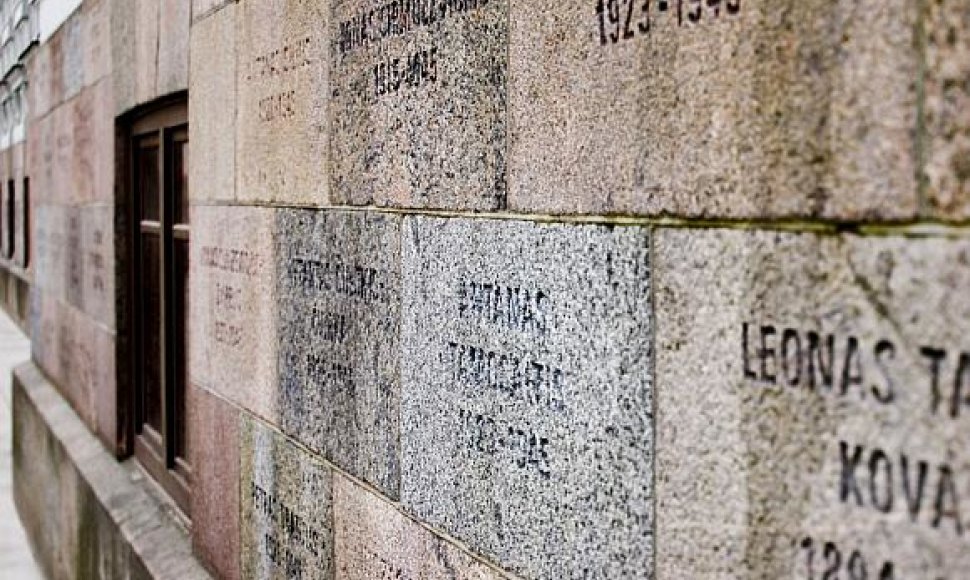"I don't have a single doubt that activities of some people with KGB past used to affect the state and continues to do so, although the damage and influence cannot be seen immediately, it takes time," Burauskaitė said in an interview published in Veidas weekly magazine on Monday.
"The listed people did not necessarily do something bad on purpose – they simply could not perform their duties in an unimpeded and professional manner, they were shackled and dependent," she said.
In comment on the list of KGB reserve officers recently published by the center, Burauskaitė said the society had the right and the duty to know the truth about KGB operations.
Everybody could choose between a career or clean consciousness and integrity.
She emphasized that the people in the KGB reserve understood they could be used in the repressive structure of the Soviet regime.
"Before the recruiting, agents were subjected to thorough checks in line with strict procedures, they received operational tasks, they made hand-written agency reports and signed their alias. During the checking procedures, the KGB reserve officers-to-be could not fail to understand they would become collaborators of the Soviet repressive structure and what they would have to do, if day X came," Veidas cites Burauskaitė as saying.
In her words, regardless of the blackmailing and compromising materials used in some cases along with offers of career opportunities, "everybody could choose between a career or clean consciousness and integrity."
"I believe that revealing the truth will allow purifying the society's moral beliefs and liberate us from the moral chains of homo sovieticus," she added.
Earlier this month, the Genocide and Resistance Research Center made public a list of former KGB reserve officers, containing 238 names.
The center made some of the former officers' personal cases available online, including scanned files of former State Security Department's director Arvydas Pocius, ex-foreign minister Antanas Valionis and a few judges.












